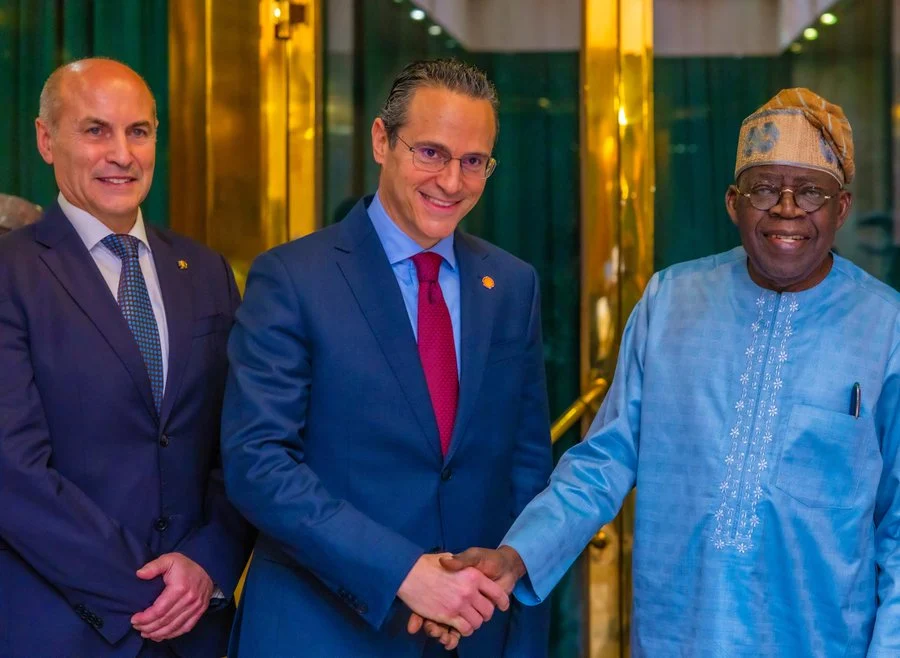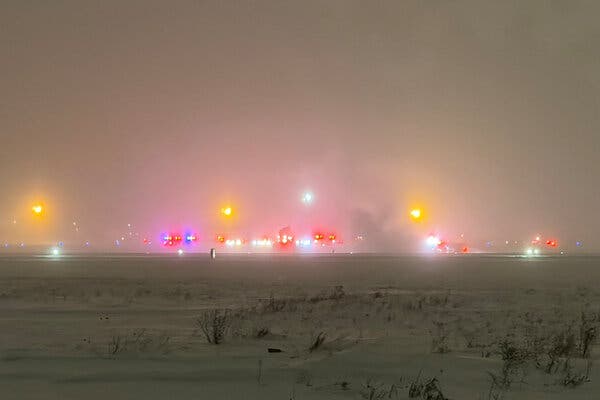Mali, Burkina Faso, and Niger have implemented a 0.5% levy on imported goods from Economic Community of West African States member nations, including Nigeria.
Effective immediately, the levy is intended to finance their newly formed three-state union following their collective withdrawal from ECOWAS.
The three West African nations, all governed by military juntas that seized power through recent coups, launched the Alliance of Sahel States in 2023 as a security pact. Over time, this alliance has evolved into an aspiring economic union with plans to promote deeper military and economic integration, including the introduction of biometric passports.
The newly imposed levy applies to all goods imported from outside the three countries, excluding humanitarian aid. According to an official statement, the funds generated will be used to “finance the activities” of the alliance, though further specifics were not provided.
The trade relationship between Niger and Nigeria underscores the potential economic impact of this policy. In 2022, Niger imported $290 million worth of goods from Nigeria, making Nigeria one of its top five trading partners, according to data from the World Integrated Trade Solution. Conversely, Niger exported $68 million in goods to Nigeria in the same year.
By 2023, Nigeria’s exports to Niger declined to $209 million, with key products including Petroleum Gas ($44.6M), Electricity ($41.5M), and Cement ($32.8M), according to the Observatory of Economic Complexity.
This levy marks the end of decades of free trade within ECOWAS and highlights the growing divide between the Alliance of Sahel States and democratic regional powers like Nigeria and Ghana.
The decision to exit ECOWAS last year came after the three juntas accused the bloc of failing to provide adequate support in their fight against Islamist insurgencies and regional insecurity.
ECOWAS had imposed economic sanctions on Mali, Burkina Faso, and Niger in an effort to encourage a return to constitutional governance, but these measures have largely failed to yield results. Instead, the three nations have intensified efforts to build independent political and economic frameworks.
These countries remain among the poorest globally, grappling with widespread violence attributed to Islamist insurgencies linked to al-Qaeda and the Islamic State.
Over the past decade, insurgencies have claimed thousands of lives, displaced millions, and eroded public trust in the democratically elected governments that struggled to contain the violence.
Observers warn that this new levy could significantly alter trade patterns across West Africa, particularly for Nigeria, whose economy is deeply connected to its neighbors.
The move also raises concerns about the future of ECOWAS, as internal divisions continue to challenge its effectiveness as a regional bloc.










